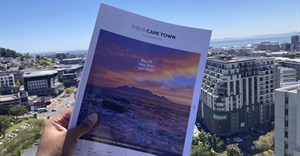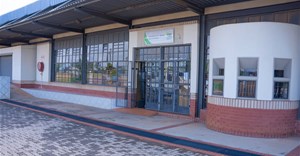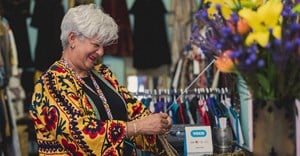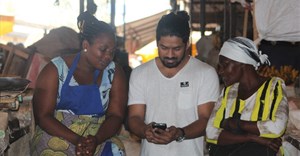Subscribe & Follow
Trending
Jobs
- Personal Assistant or Virtual Assistant Cape Town
The social media tourist

In 2012, a group of bloggers were invited to explore attractions and experiences in Cape Town. The hashtag #LoveCapeTown was generated so that Cape Town Tourism could give the campaign traction and monitor its exposure and so that we could get locals to make recommendations to the bloggers on what to do. The results were astounding. The campaign was repeated in 2013, and an estimated 42,282,508 opportunities were generated across Twitter, Facebook and Instagram for people to see the conversation.
What began as a simple campaign tool has grown into a long-term marketing tool. Its popularity is based on the fact that it does not belong to the creators, but rather to visitors and locals to use it to share their positive experiences about the city.
Increasingly one of the most powerful reasons why anyone visits a destination is recommendations by their friends and family. We know that social media is how people share their experiences when they travel. #lovecapetown allowed Cape Town Tourism to create a platform for others to share their experiences and stories of Cape Town. Increasingly the opinions of locals and visitors hold a lot more weight than what the "official" tourism board has to say.
Travel by word of mouth
How it worked for us was that the hashtag made it easy for both ourselves and potential visitors. Since 47% of people polled by thesouthafrican.com stated that they plan trips by researching by word of mouth, the volume of information generated by this conversation hashtag makes it easy for those potential visitors to find out more about the city as a destination. More than that, the information provided is authentic, intimate and detailed, far more than a brochure could ever provide.
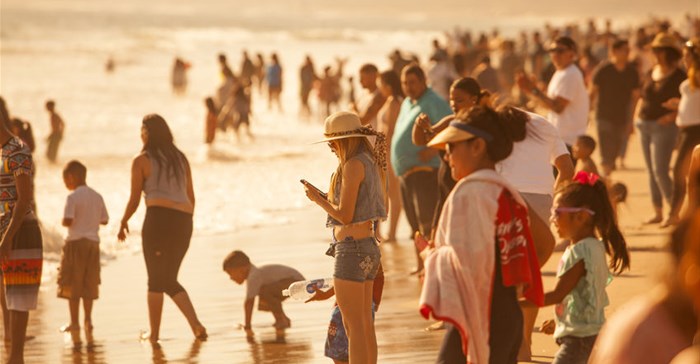
Tourism businesses and destination marketing organisations can collate and analyse the updates generated by the hashtag. Trends or marketing opportunities may be seen. For example, a group of visitors may all start suggesting that a particular experience is great, or that it is missing something. This creates the opportunity to provide a solution tailor-made to visitors' needs.
As a tourism industry representative or a business owner, you can utilise the hashtag when putting together small events or conferences to curate the conversation on a smaller scale. It can also aid in helping you generate a database of people interacting with your brand or product and allows you to engage them before, during and after their stay. Content curation is not merely about volume, big data analytics can take it one step further and provide more detailed visitor intelligence so that marketers can build strategic plans based on the feedback from visitors.
Accessing millennials
If you want to reach the millennials (it's the biggest segment of the market, people aged between 16 and 34), then interacting with them on social media is an affordable means of doing so. However, you need to ensure that that both the online and offline experience delivers on what they are looking for as whilst they are quick to recommend, they will also let you know when they are not as satisfied.
Ultimately if we can use the comments generated through #lovecapetown (both good and bad) to engage with our locals and visitors, and use the comments to enhance the overall destination experience we can create a virtuous cycle. More of them will share their positive experiences online thereby influencing their friends and family to visit.










